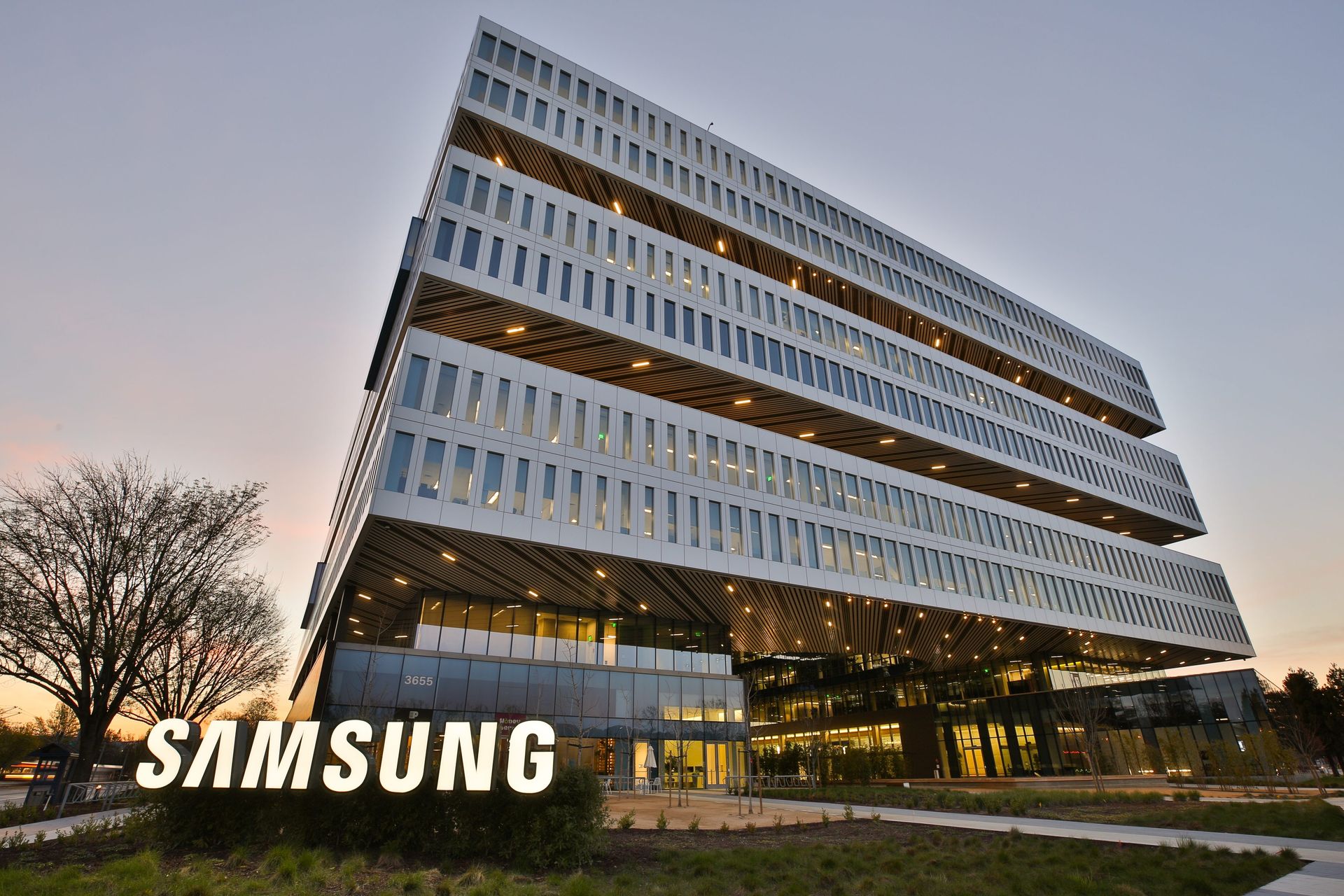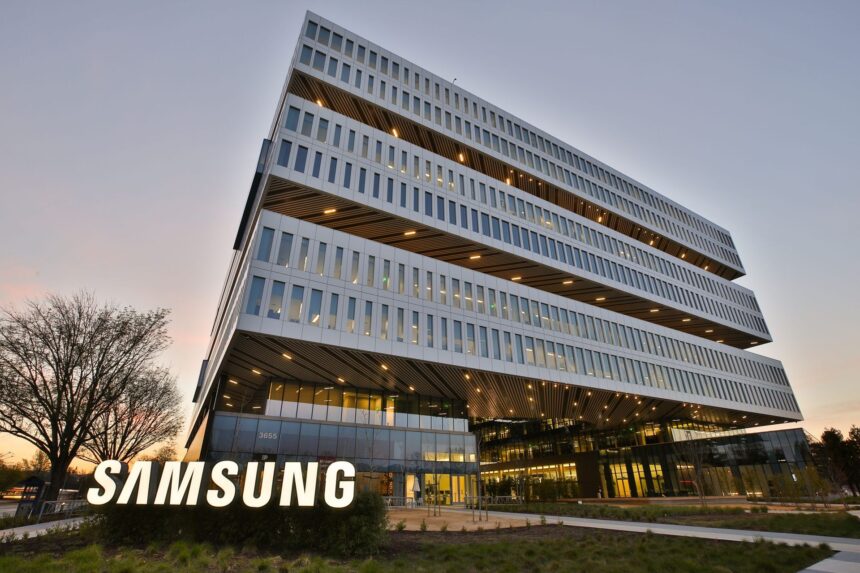
Samsung Electronics has become the largest shareholder of South Korea’s Rainbow Robotics, increasing its stake to 35% for 267 billion won (approximately $181 million), according to a regulatory filing on Tuesday.
Samsung’s stake increase and strategic plans
Prior to this acquisition, Samsung held a 14.71% stake, equating to about 2.85 million shares, in Rainbow Robotics, making it the second-largest shareholder. Previous to this deal, the largest shareholder was Dr. Oh Jun-ho, the firm’s founder, along with associated entities.
Samsung’s latest investment aims to bolster its robotics department and accelerate the development of humanoid robots. The company previously paid 86.8 billion won for its initial 14.71% stake in Rainbow Robotics in 2023.
As part of the acquisition, Samsung will integrate Rainbow Robotics as a subsidiary and has announced the establishment of a Future Robotics Office, which will report directly to the chief executive officer. This move is expected to facilitate the expansion of Rainbow Robotics into overseas markets by leveraging Samsung’s global reach.
Samsung Galaxy S25 leaks reveal… not much new
Background of Rainbow Robotics
Founded in 2011 by researchers at the Korea Advanced Institute of Science & Technology (KAIST), Rainbow Robotics specializes in developing dual-arm mobile manipulators and autonomous mobile robots for manufacturing and logistics applications. The company currently employs 86 people.
Dr. Jun-ho Oh, who was the largest shareholder before this agreement and serves as an honorary professor at KAIST, will remain with the company to spearhead the Future Robotics Office as an advisor to Samsung.
Samsung’s investment comes amidst increasing competition in the humanoid robotics space, with companies like Microsoft and OpenAI exploring similar technology applications. Tesla recently showcased its humanoid robot, Optimus, and Nvidia plans to release a new line of compact computers for humanoid robots called Jetson Thor next year.
In 2022, Samsung identified robotics, along with artificial intelligence, 5G, and automotive electronics, as key areas for future initiatives, indicating potential further acquisitions in these fields.
Featured image credit: Samsung







